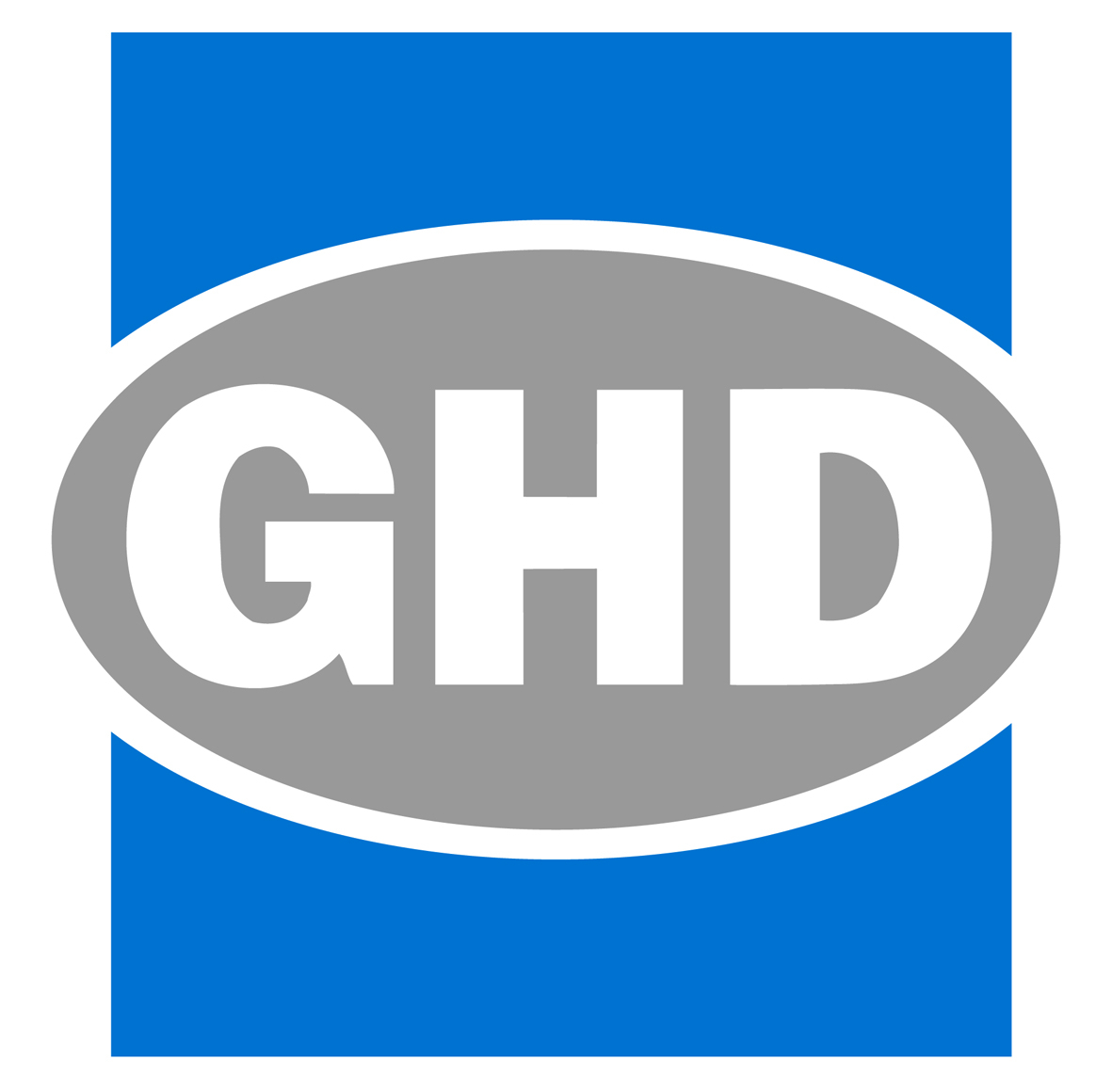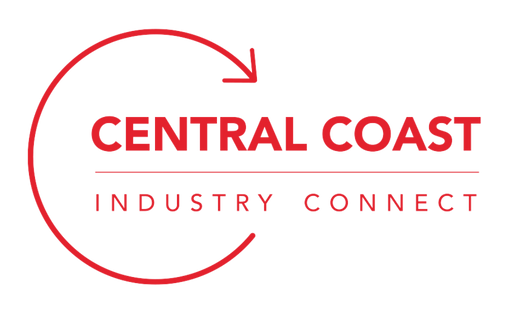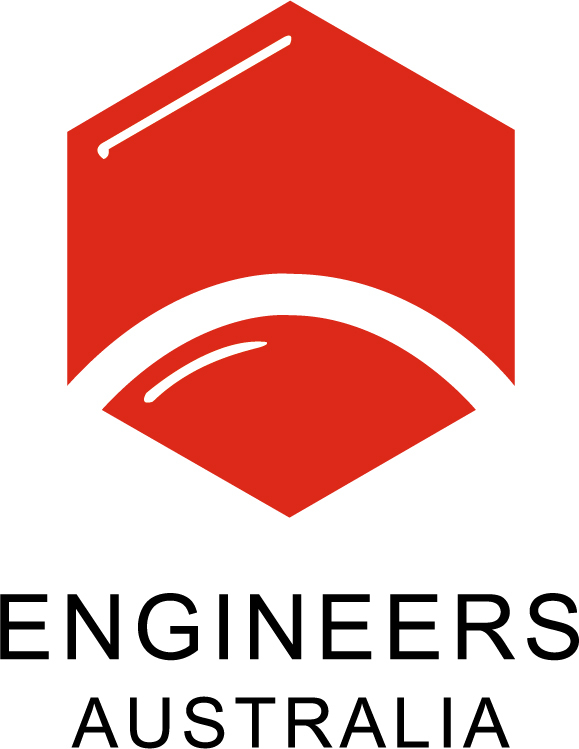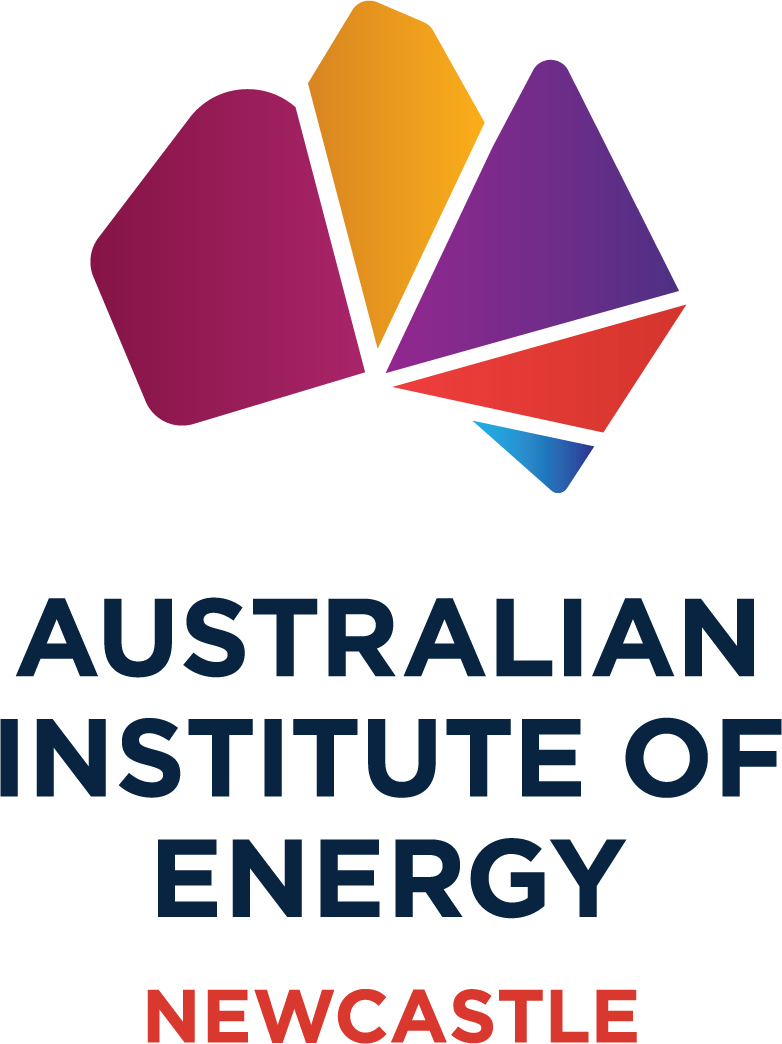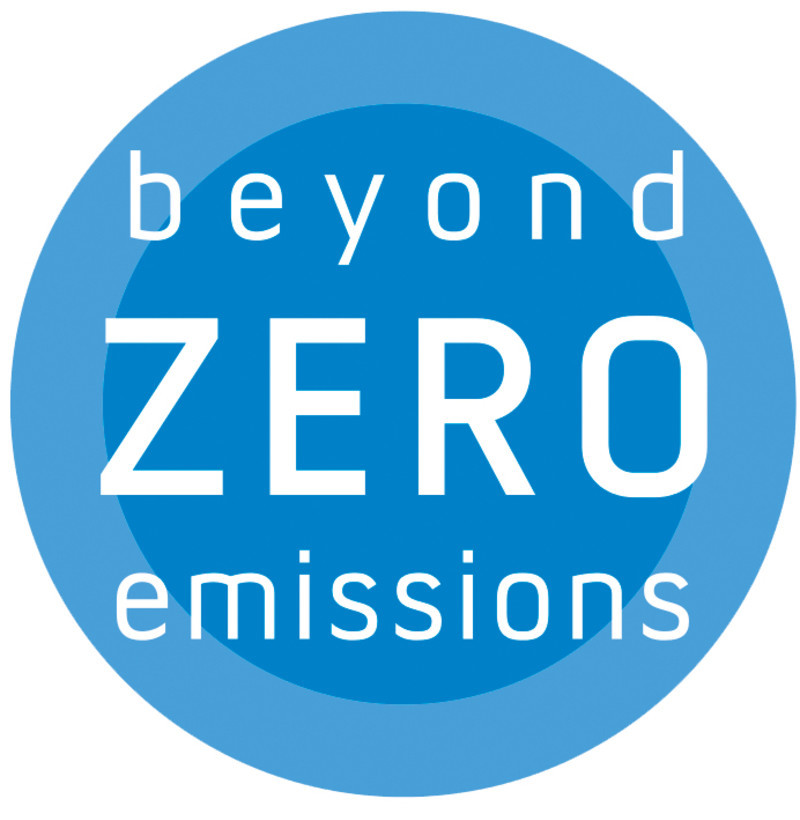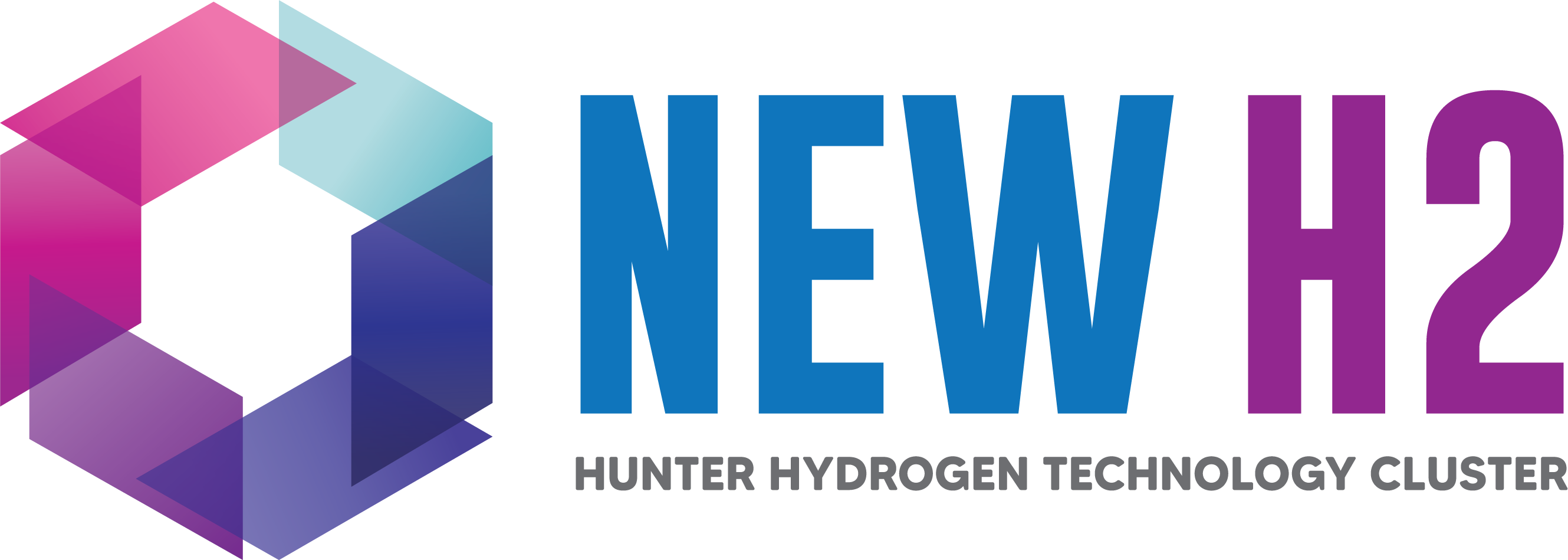Empowering women from forced migration backgrounds: pathways to climate careers
Are you a woman from a forced migration background looking to pursue a career in the climate space, or do you want to contribute to the empowerment of women from a forced migration background?
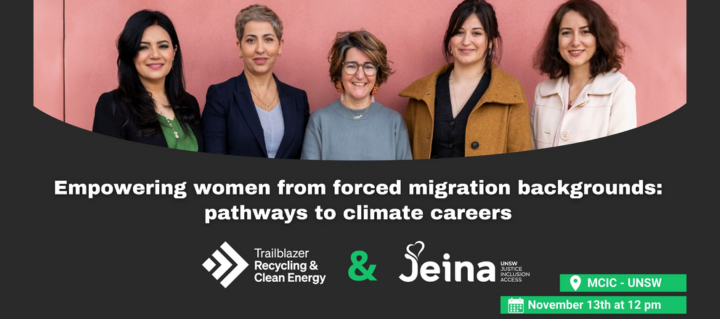
Don't miss this unique opportunity to hear from remarkable migrant women who have overcome structural challenges to thrive in their careers. Be inspired by their stories and learn about funding and support opportunities.
UNSW Justice Inclusion Access (JEINA) and the Trailblazer for Recycling and Clean Energy (TRaCE) have joined forces to offer an exciting range of scholarships and empowerment initiatives — Enterprise Academic, Higher Degree Research Program, and Work Integrated Learning (WIL) — specifically for women from forced migration backgrounds. These offers are designed to unlock pathways to leadership, research, and hands-on experience in the climate sector. Whether you’re just beginning your journey or looking to advance your career, this event is packed with valuable insights and opportunities to help you take the next step.
💭 WHAT TO EXPECT
- Inspiring Panel: Meet incredible migrant women who have turned challenges into opportunities, including:
- Faiza Zeerak, a renowned Afghan journalist and women’s rights advocate. After fleeing Afghanistan in 2021 when the Taliban regained control, she resettled in Australia, where she continues her mission of empowering Afghan women.
- Shabnam Safa, National Training Lead at Community Refugee Sponsorship Australia. Shabnam, who arrived in Australia as a Hazara Afghan refugee, advocates for meaningful refugee participation in resettlement policy and leads the National Refugee-led Advisory and Advocacy Group.
Hear their stories and learn how they navigated barriers to succeed!
- Funding and Support Initiatives Overview: Program managers from TRaCE will break down all the scholarship, fellowship and internship opportunities available, showing you how they can help you pursue your climate career.
- Networking Opportunities: Stick around for a chance to chat, connect, and exchange ideas with fellow attendees, speakers, and program managers.
🌱 FUNDING & SCHOLARSHIP OPPORTUNITIES
- WIL Internship: Undergraduate and postgraduate students engage in real-world industry environments through placements with our industry partners.
- Industry PhD Scholarship: PhDs and Master’s students work with industry-led and co-funded research projects at UNSW to co-design and develop technologies.
- Enterprise Academic Fellowship: Researchers get funding and a comprehensive support system to bring groundbreaking technologies to market.
📆 EVENT DETAILS
Date: Wednesday 13 November 2024
Time: 12.00pm - 1.00pm
Location: Michael Crouch Innovation Centre (MCIC), Hilmer Buildng (E10), UNSW Kensington
Format: Lunch & Learn
ℹ️ ABOUT
What is JEINA? Justice Inclusion Access (JEINA) is a university-wide initiative working to create an inclusive and connected ecosystem of support for women from forced migration backgrounds (including refugees). JEINA will be a gateway for target women to access existing and new opportunities that facilitate their higher education journey and leadership aspirations in their career of choice. Once fully implemented, JIENA will be the first program of its kind in an Australian university.
What is TRaCE? Delivered by UNSW Sydney and the University of Newcastle, the Trailblazer for Recycling and Clean Energy (TRaCE) is moving circular economy and clean energy technologies out of the lab and into global manufacturing. To foster the right conditions for change and develop the capability, skills and ecosystems needed to support global decarbonisation, TRaCE has created 17 programs for accelerating research commercialisation.
Why JEINA x TRaCE? Forced migration is the involuntary movement of people due to conflict, persecution, violence, disasters, or threats to their lives. Climate change is a critical and growing factor driving forced migration, with profound implications for global stability and human security. According to UNHCR, the UN’s refugee agency, an annual average of 21.5 million people are forcibly displaced each year by weather-related events. Climate change further exacerbates gender inequalities, increasing women’s vulnerability to violence, economic hardships, health risks, and human rights violations during forced migration.
This partnership is all about empowering women with lived experiences of forced migration to make an impact in the climate space.





